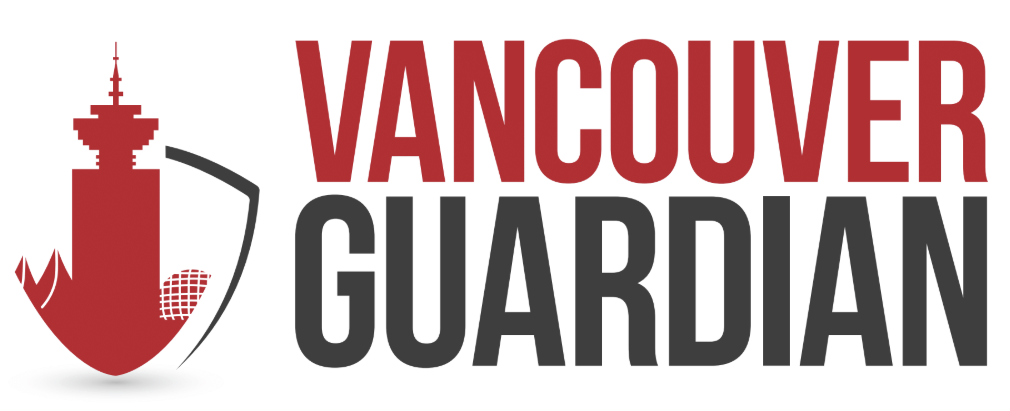Population increase is caused by immigration in Alberta since there are numerous people migrating in order to find better living and working conditions in the province. Despite the openness that Alberta has over the years shown towards immigrants, there are specific barriers that hinder integration that limits the newcomers’ access in society and the economy. In this paper, the general focus will be the interaction experiences of immigrants in Alberta; the paper will also look at the causes of the interaction difficulties.

Employment-related challenges
Employment-related challenges also pose significant barriers to the integration of immigrants in Alberta. Many employers prefer candidates with Canadian work experience, making it challenging for newcomers to secure meaningful employment opportunities that match their skills and qualifications. Limited access to professional networks and mentorship programs further compound this challenge, preventing immigrants from advancing their careers and fully utilising their talents. Providing immigrants with access to networking opportunities and Alberta Advantage Immigration Program is crucial for helping them overcome these barriers and succeed in the job market.
Language barrier
On the subject of language, the difficulty that affects the majority of immigrants in their endeavour to acquire a better life in Alberta is language barrier. The forms of communication, service and job requirements involve English or French which is essential in society. Applicants without good speaking and writing skills in either language will find it very difficult to secure a job that suits their education standards. Language barriers also play an important role in social exclusion because people cannot easily interrelate with people in the society.
Accreditation of foreign education
A major difficulty for international students is the accreditation of foreign education and experience. Most of the immigrants come to Alberta with useful training and education, obtained in their countries, but they are not able to get credit for those credentials in Canada due to some reasons with the help of the Alberta government. This often results in underemployment whereby the skilled immigrant will have to work in jobs that are low skilled and does not require him/her skills. Prolonged and complicated nature of credential recognition proves to be a barrier for the newcomers and hinders the integration into the labour market.
Cultural differences
Other factors that affect immigrants include cultural differences and discrimination which are also hurdles that immigrants in Alberta have to endure. This is because when an individual moves to a new culture, new norms, and social expectations can at times prove to be overwhelming, especially for individuals originating from a culture diverse from the indigenous culture. Based on the evidence, discrimination is the last barrier that prevents many immigrants, for example: issues in race, ethnicity or nationality make it difficult for them to be accepted by society. Issues related to people’s culture and overcoming prejudices should be among the priorities for changing the existing and making the environment in Alberta more friendly for immigrants.
Access to affordable housing
Access to affordable housing is another pressing issue for immigrants in Alberta, particularly in major cities like Calgary and Edmonton where housing costs have been on the rise. Limited availability of rental units and fierce competition in the housing market make it difficult for newcomers to find affordable accommodation. Immigrants may be forced to live in overcrowded or substandard housing conditions, impacting their overall well-being and integration into the community. Affordable housing options are essential for immigrants to establish stable roots in Alberta and contribute positively to their new communities.
Social support networks
Social support networks play a crucial role in facilitating the integration of immigrants in Alberta. Lack of social connections and support systems can exacerbate feelings of isolation and loneliness among newcomers. Building strong social networks within immigrant communities and fostering connections with local residents can help immigrants navigate the challenges of settling in a new country and provide them with valuable support and resources. Community organisations and government agencies play a vital role in creating inclusive spaces where immigrants feel welcomed and supported as they adjust to their new lives in Alberta.
Therefore, it is clear that the integration issues in question are complex and can only be solved through teamwork by complicated government bodies, non-profit and charitable organisations, and employers of newly arrived immigrants in Alberta. This way, Alberta can devise policies that will promote integration of immigrants into the society and employ strategies that only assist the newcomers in their efforts to become useful members in their new society. Doing so by educating immigrants, recognizing their credentials, raising awareness about Canadian culture, providing affordable housing to immigrants and job training services is crucial to successfully integrate immigrants into Alberta society and to encourage the development of a multicultural society within Alberta.
